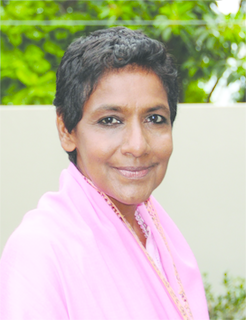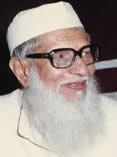A Quote by Judith Martin
I am a traditionalist, and I'm an innovator. Most of what I do is to weigh change and legislate to the best of my ability on what should change and what should not. Do I have a respect for tradition? Of course I do. Do I have a blind belief in it? No.
Related Quotes
And if that child should ever get the chance to travel the world and someone should ask her where is she from, we believe that she should always be able to hold her head high with pride in her voice when she answers, "I am an American." That is the course we seek. That is the change we are calling for.
The need of the hour is that your life should be revolutionised.
The revolution should not be an individual one but a collective one.
The change should be concerning your belief, your morals, your actions, your dealings, your decisions, and your efforts.
Your life in every way should become a beacon of guidance and it should become a means for Dawah.
People say to you, 'you've changed', or something like that, well, I hope, for the sake of God, that you have changed, because I don't want to be the same person all my life. I want to be growing, I want to be expanding. I want to be changing. Because animate things change, inanimate things don&'t change. Dead things don't change. And the heart should be alive, it should be changing, it should be moving, it should be growing, its knowledge should be expanding.
I believe that anyone who wants to stand in a national election should receive a course of psychotherapy. Completing the course should be a qualification for office. This wouldn't change the behaviour of psychopaths, but it might prevent some people who exercise power from imposing their own deep wounds on others.
Balance and control come from healthy anger. This is just as aggressive as the unhealthy kind. But it is based on a belief and hope for change in social roles and institutions. Healthy anger demands change and creates the confrontations needed for change to occur. It also gives the other an opportunity to help make that change. “Our task, of course, is to transmute the anger that is affliction into the anger that is determination to bring about change. I think, in fact, that one could give that as a definition of revolution.



































